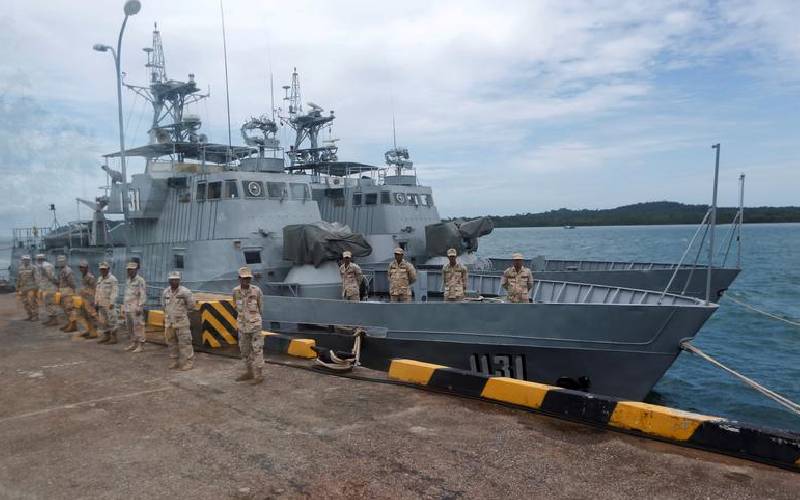×
The Standard e-Paper
Fearless, Trusted News

Western officials have raised concerns over China’s establishment of a naval facility in Cambodia.
Although both China and Cambodia in a case of taking extraordinary measures to conceal the operation have denied the claims, the Western officials maintained that China is secretly building the facility for the exclusive use of its military.